Russia Ukraine Conflict in simple terms
It seems that the Russian military operation in Ukraine is taking a new turn, peace talks are currently in session with humanitarian corridors defined, but at the same time, conflict rages on.
But why did the leader of Russia tear up a peace deal with its neighbor and unleash, what European leaders have labeled "Putin's war?
The Russia Ukraine conflict in a nutshell
February the 24th at a predawn tv address, Vladimir Putin declared that Russia could not feel safe, develop, or exist, because of what he claimed was a constant threat from modern Ukraine.
And so, the conflict began. Almost immediately Russia launched its military operation against Ukrainian airports. Tanks and troops rolled in from Russia and big cities became conflict zones.
Russia says the operation is aimed at the Demilitarisation and de Nazification of Ukraine. The Ukrainian government says Putin's claims are untrue.
Putin's main objection was NATO. The Russian president says NATO's expansion across Eastern Europe is a serious threat for Russia.
Since 1991 NATO has absorbed 11 Eastern European countries and three former Soviet republics. Even before Vladimir Putin became president in 2000, Russia took a dim view of this, even assurances were given to the last Soviet leader Mikhail Gorbachev that NATO wouldn't move an inch farther east after German reunification in 1990.
Even Western military experts believe that, looking from a Russian military perspective, worrying about NATO's enlargement is understandable, but they argue that no one in their right mind would ever imagine invading Russia.
The US eastward expansion of NATO after the collapse of the Soviet Union was an erroneous strategy. After the cold war, no war or arms race was threatening the West, yet they continued to build up their military and inched towards the Russian borders.
The North Atlantic Alliance claims that its existence is purely for defensive purposes, yet history shows that it's been involved in numerous conflicts since its creation.
NATO conducted no military operations during the Cold War, but in 1990, it carried out its first operation. Overall, NATO was involved in a dozen wars. Half of which were actually started with the help of the Northern Alliance.
This is the main reason why some European members are pursuing a military strategy of independence from NATO. They say they prefer not to be under US influence and follow Washington and its military adventures.
There are many Europeans who believe NATO is irrelevant for Europe. At the same time, there are Americans who question the very existence of such alliances, saying NATO is only good for Europe and the US is doing them a favour.
Putin also talked about the rise of neo Nazi groups in Ukraine. The Russian president has said he ordered the military operation to de-Nazify the Ukrainian government.
Western officials, such as former US ambassador to Russia, Michael McFaul, have called this pure propaganda insisting there are no Nazis in Ukraine, but figures show that since 2014, Ukraine has seen a rise in extreme right wing parties and neo Nazi groups.
Concerns have been raised regarding the links between the Ukrainian far right groups and Neo Nazis, specifically, the nationalist Azov battalion that came to prominence at the height of the Ukrainian conflict and is now a unit within the country's military.
Since last November, there has been a considerable spike in the number of stories linking Ukraine to Nazism. The West and its Ukrainian allies have opportunistically exploited and empowered the extreme right in Ukraine.
They pulled off a coup amidst anti government protests in 2014 and then by redirecting it to fight pro independence militias in eastern Ukraine. There is a fear that the conflict is likely to further empower Ukrainian and international Neo Nazis as the war attracts fighters from around the world and provides them with weapons, military training, and the combat experience that many of them so terribly crave
These groups are not looking to defend Ukraine, but to establish a state of their own.
There is no easy way to eradicate the virulent far right extremism that has been poisoning Ukrainian politics and public life. But without vigorous and immediate efforts to counteract far right extremism, it may soon endanger the state itself.
With the conflict in Ukraine still going strong, and the peace negotiations having so far resulted in nothing,
One certainty is that nobody really knows when to expect all the drama to end but at least we know how it all started.
'Powerful strike': IRGC hits US destroyer with ballistic, strategic cruise missiles in Indian Ocean
IRGC: 16th wave of retaliation hit heart of occupied territories; enemy casualties stand at 680
We avenge the innocent until our last breath: Iran's parl. speaker
170 students, teachers martyred in ‘deliberate’ strikes on Iranian schools: Minister
Iran’s air defense systems down six advanced Hermes drones
US defenses overwhelmed by Iran’s drone and missile barrages: WSJ
IRGC says second US THAAD anti-missile unit destroyed
CNN journalists abducted by Israel while reporting on damage from Iranian strikes


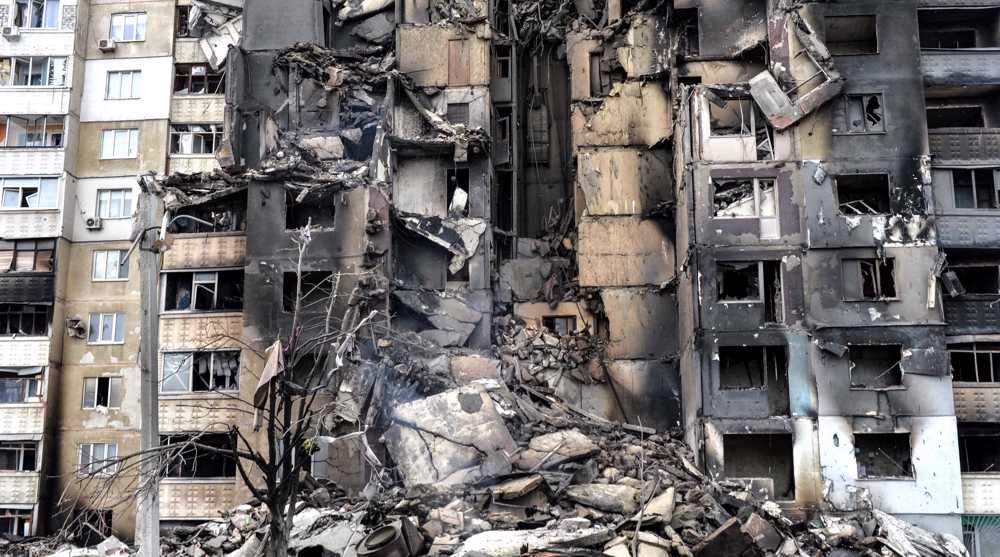
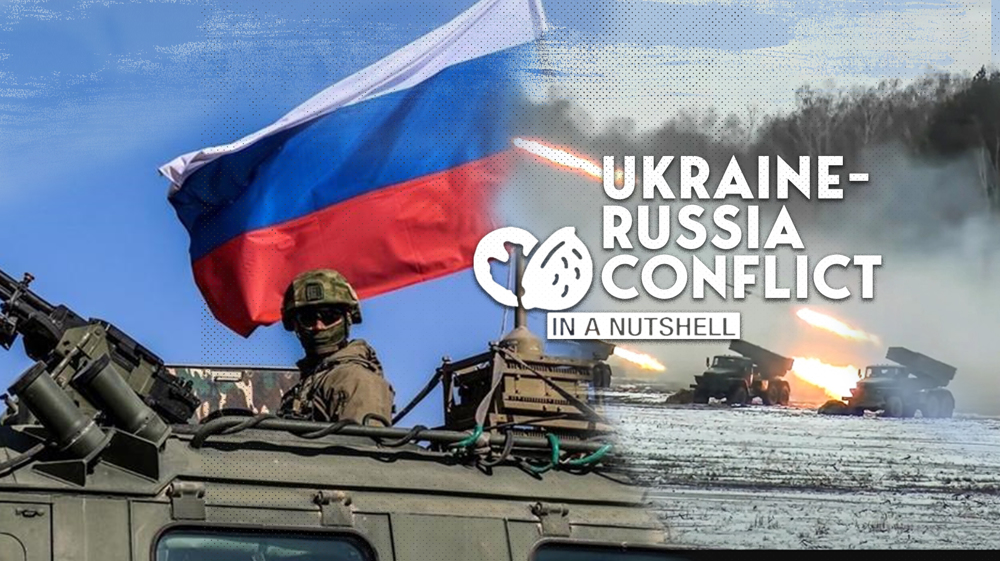
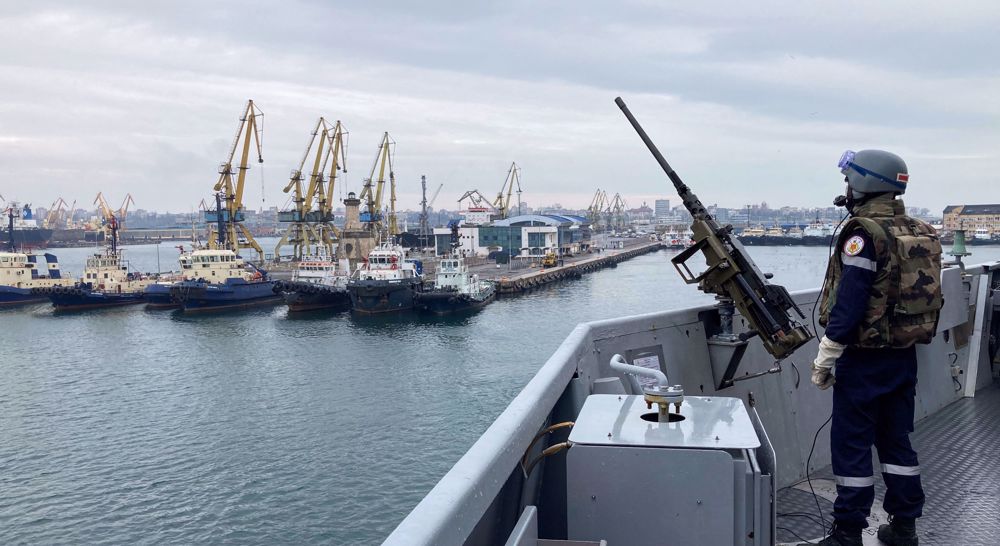
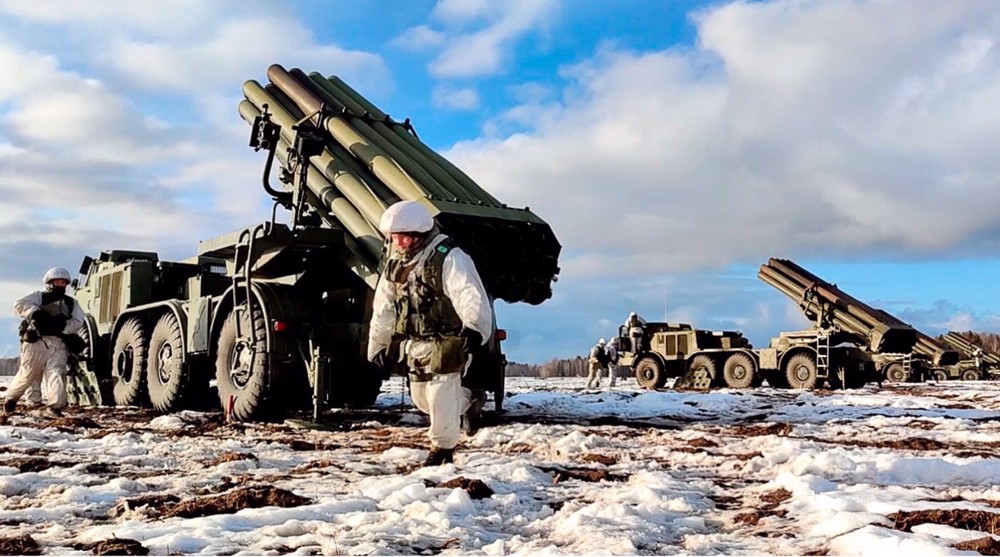
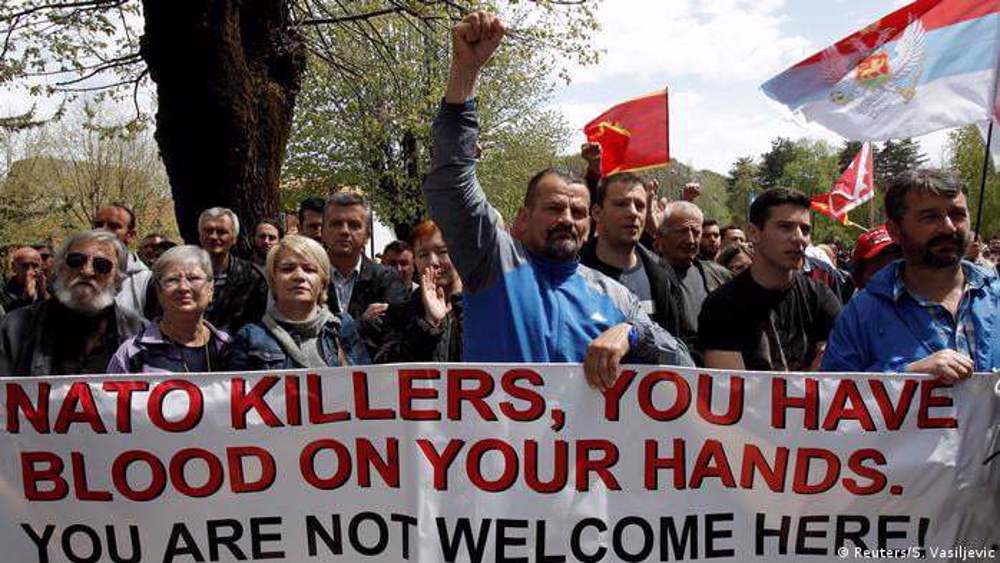
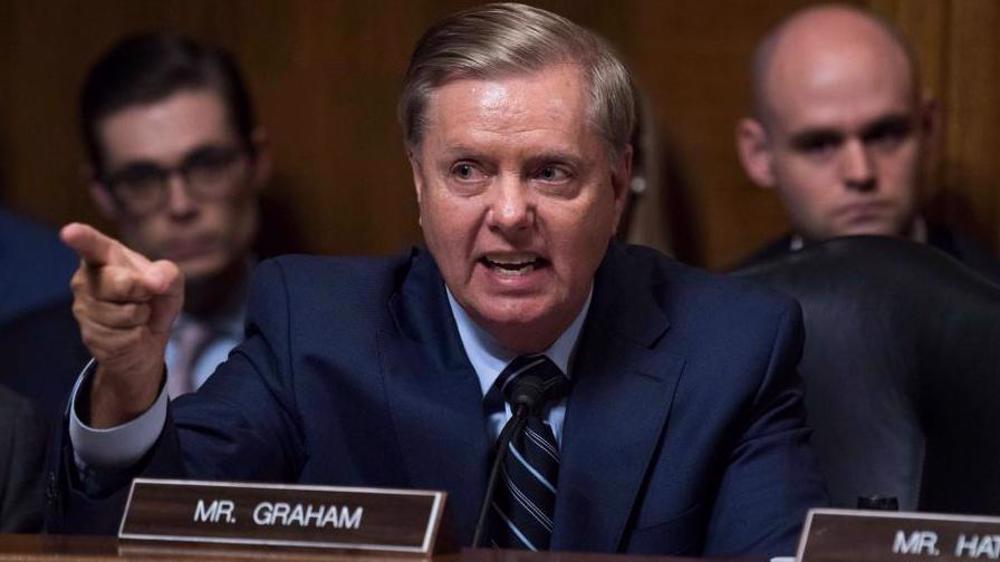
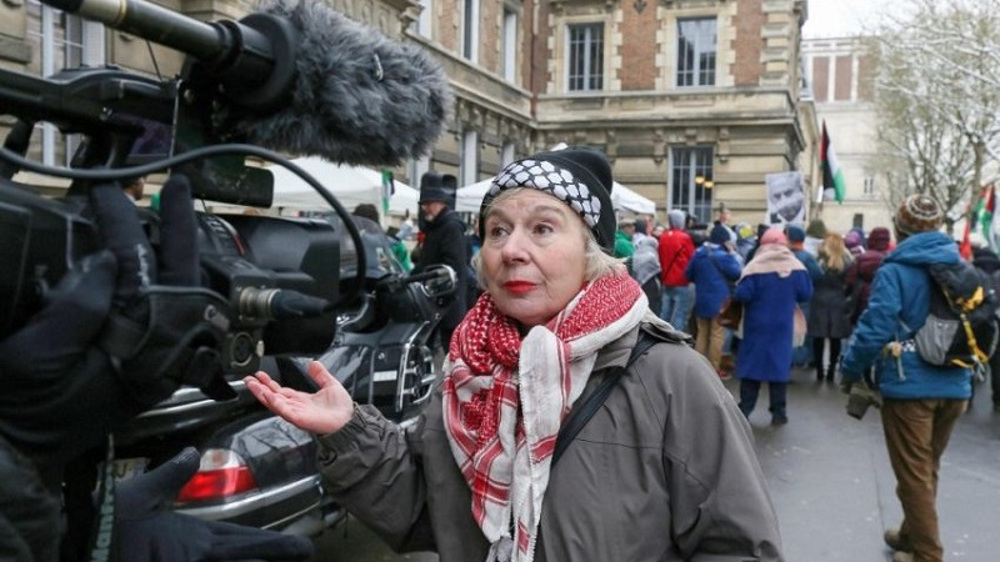
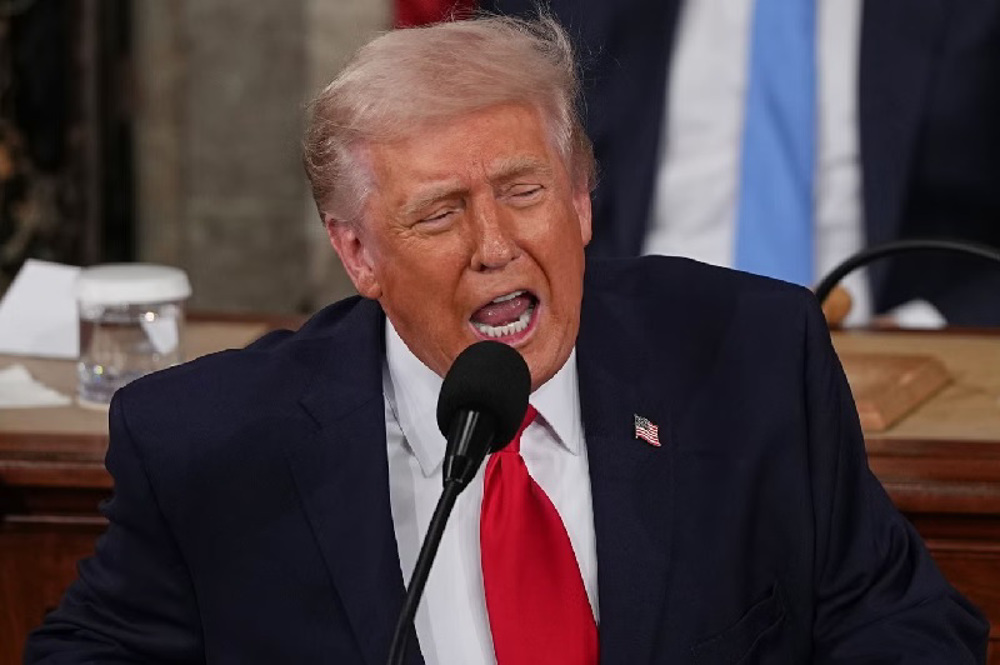
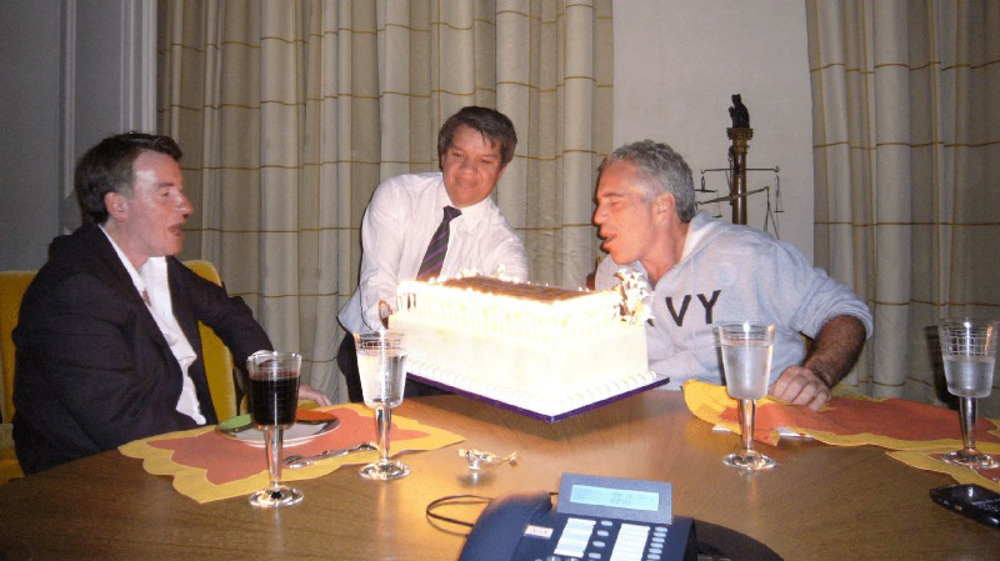



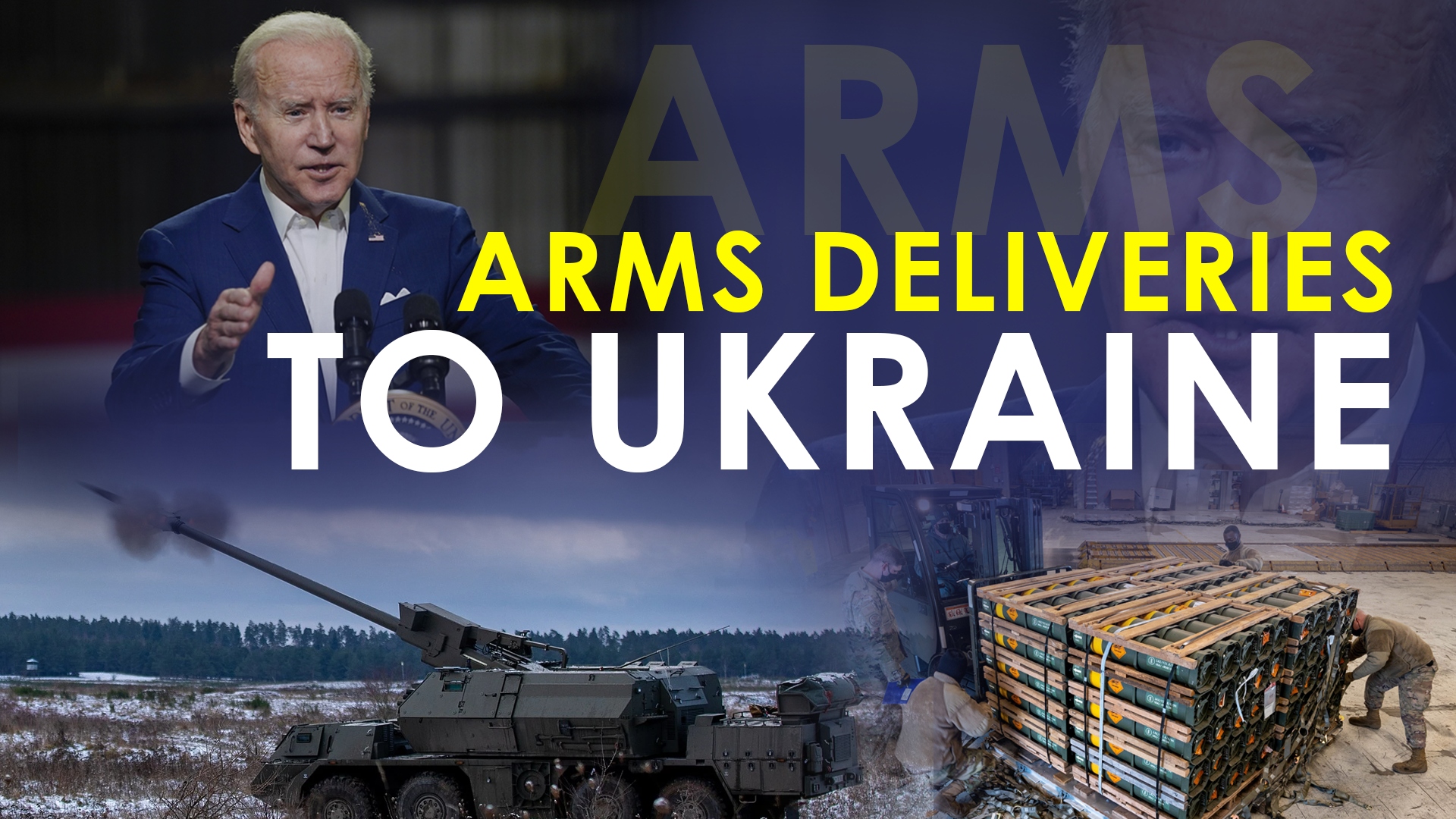
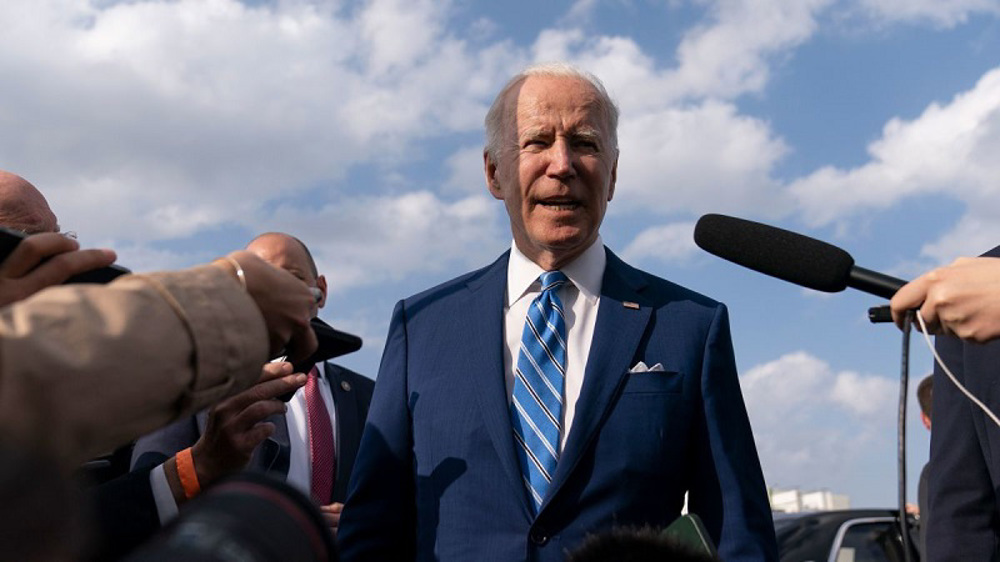
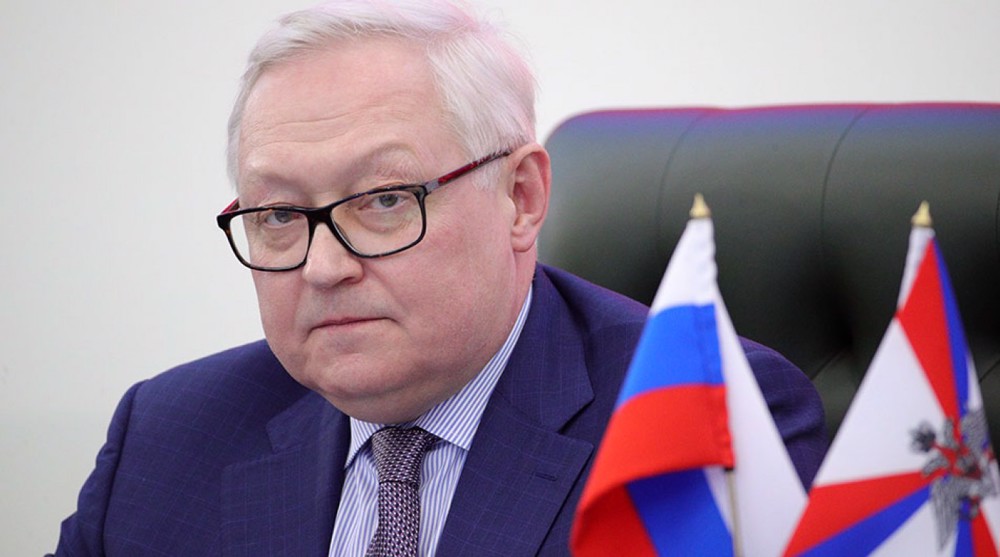
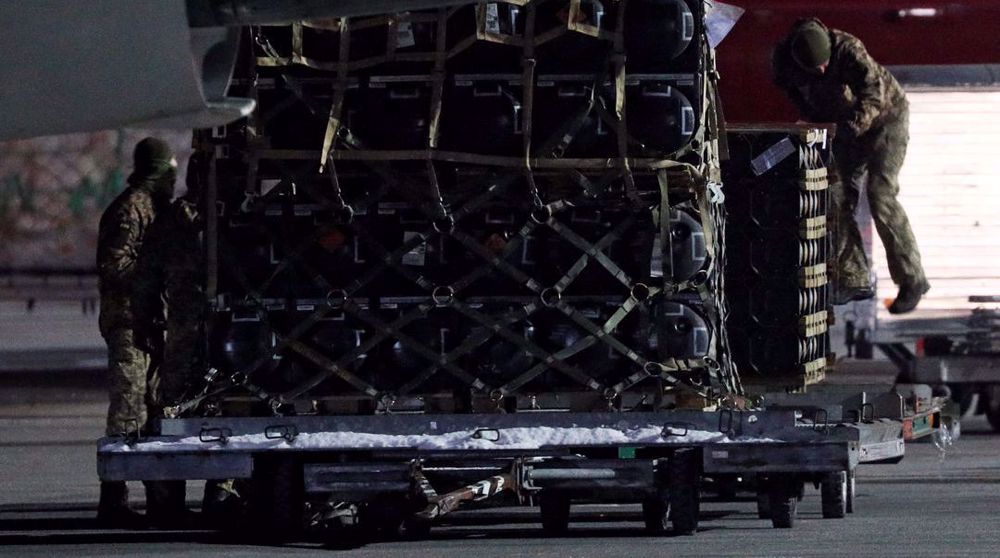
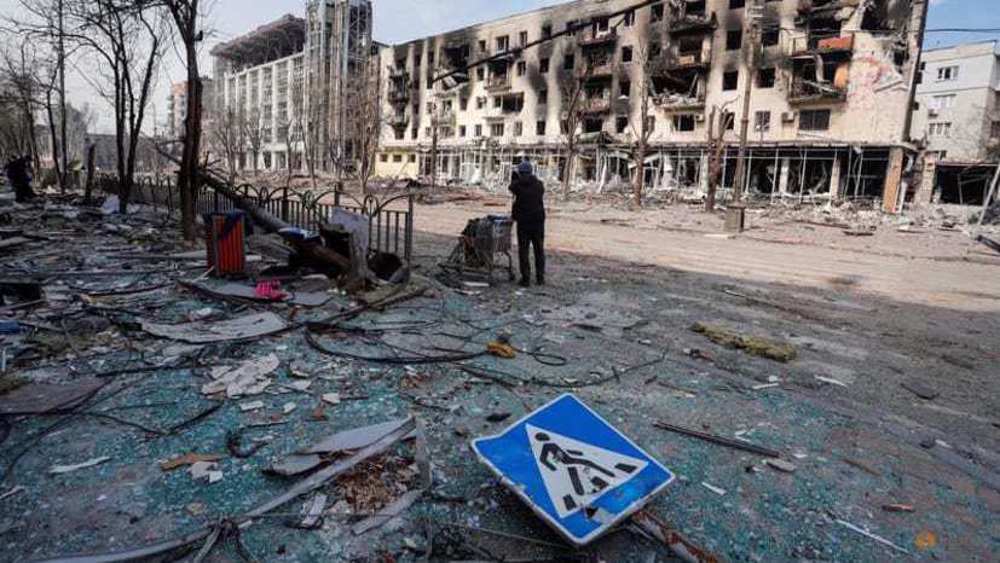
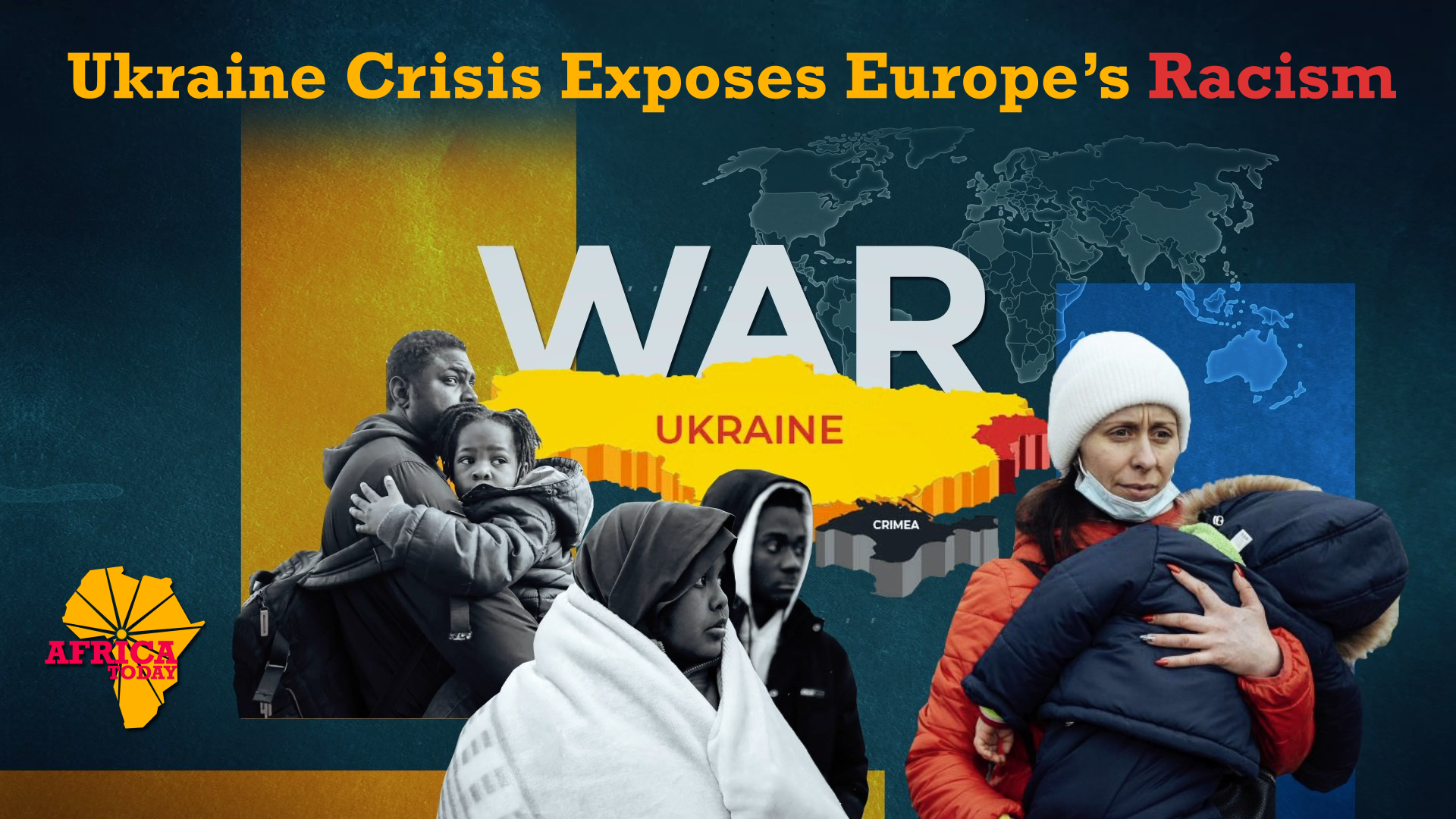
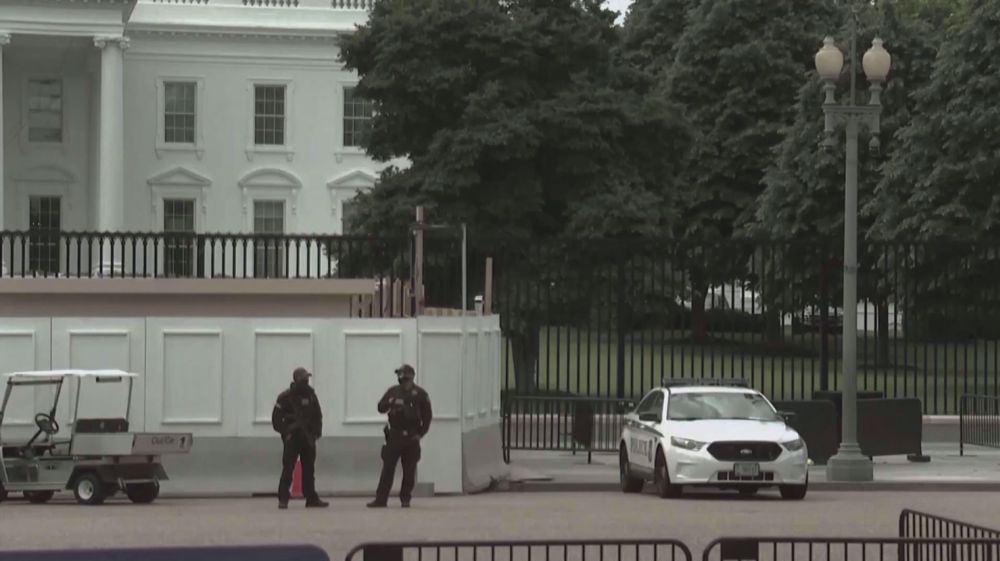
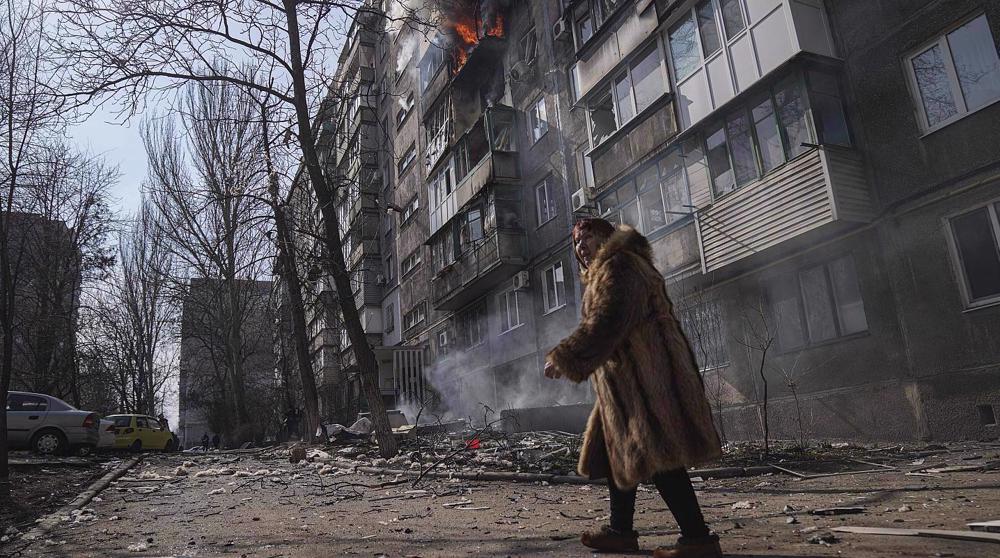

 This makes it easy to access the Press TV website
This makes it easy to access the Press TV website